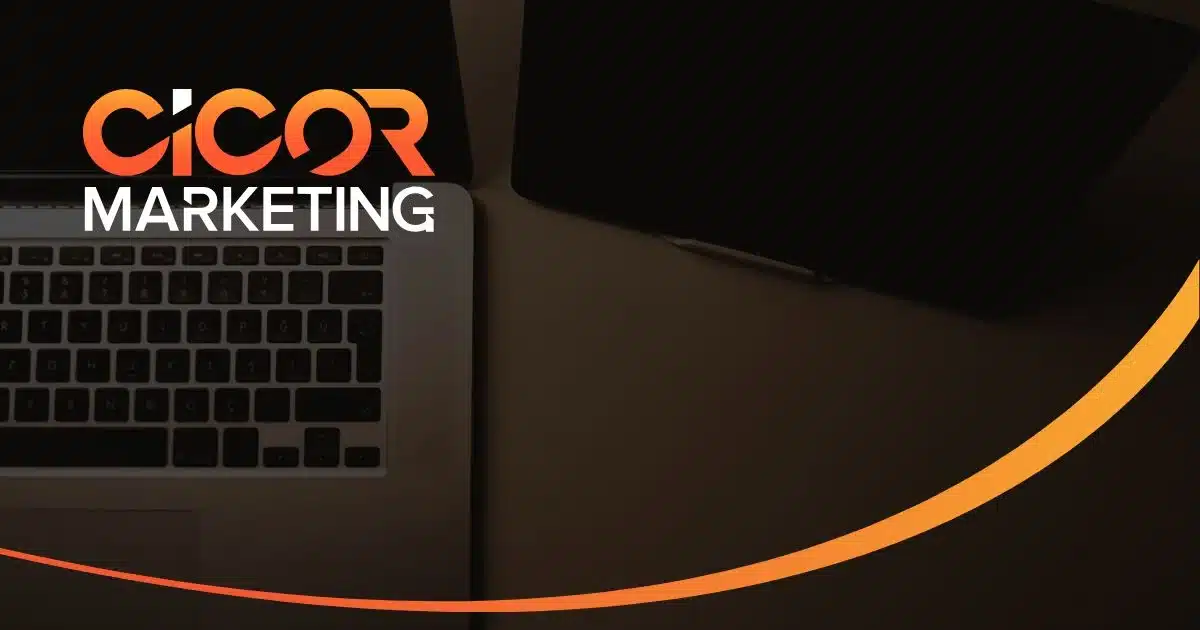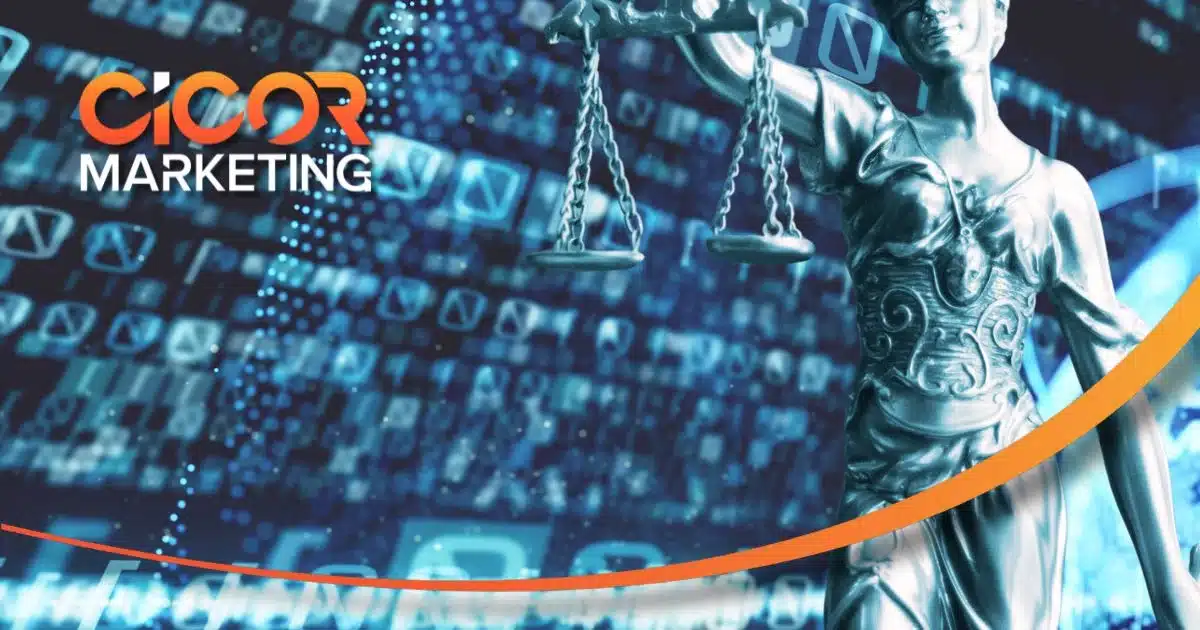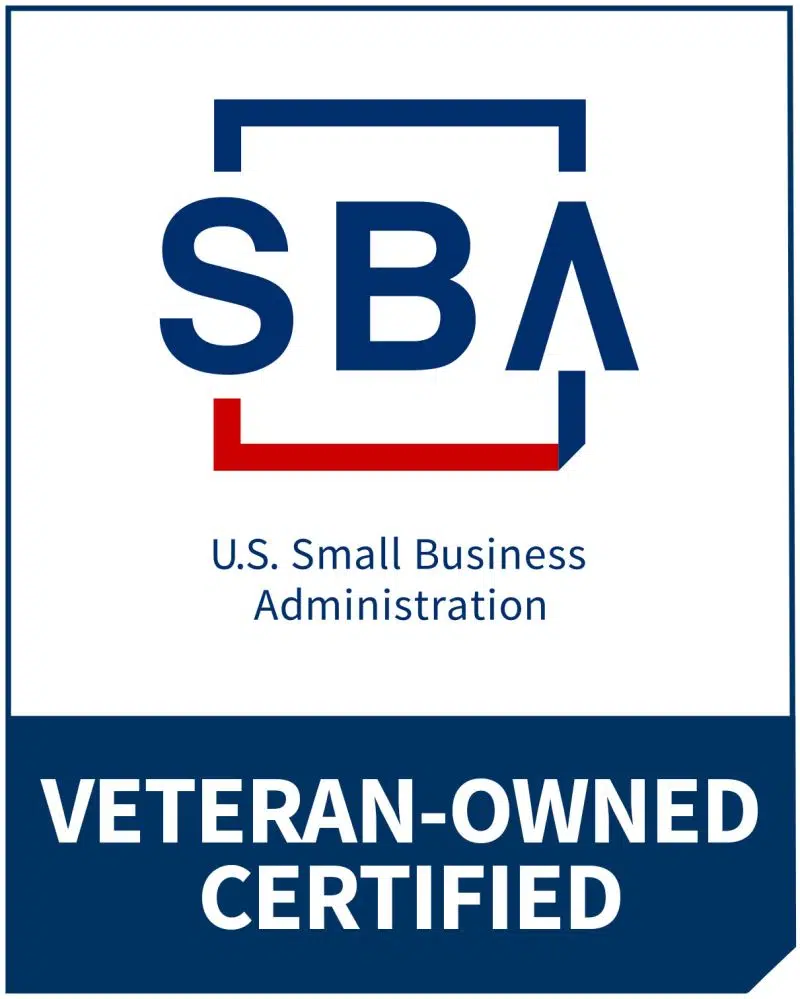Streamline your marketing processes with automation tools that nurture leads, engage customers, and drive growth efficiently and effectively.
How do you measure success in marketing automation?
Marketing automation success is measured with KPIs like lead conversion, email open and click-through rates, campaign ROI, and engagement. Metrics such as lead scoring, workflow completion, and revenue attribution reveal effectiveness. Tracking performance and using analytics helps optimize strategies, driving higher conversions, engagement, and long-term customer value.













